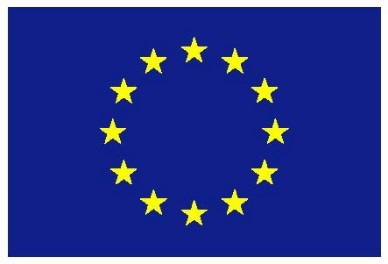About Ebola Virus Disease
Ebola virus disease (EVD), previously known as Ebola haemorrhagic fever, is a rare and deadly disease caused by infection with one of the Ebola virus strains. The virus spreads through direct human-to-human contact with the bodily fluids of infected patients who are showing symptoms. It has an incubation period of 2-21 days and usually begins with flu-like symptoms. This then rapidly progresses to multiple organ failure and blood-clotting abnormalities, which manifest as internal and external haemorrhages (bleeding). It is fatal in between 25% and 90% of cases.
The largest outbreak of Ebola virus disease occurred in three West African countries (Guinea, Liberia, and Sierra Leone) between 2014 and 2016, with over 28,000 cases and 11,000 deaths. Since then, further outbreaks have been recorded in the Democratic Republic of Congo, Guinea and most recently Cote d’Ivoire. Vaccines to protect against Ebola are being used to help control the spread of Ebola outbreaks.
Read more about EVD on the WHO website.



